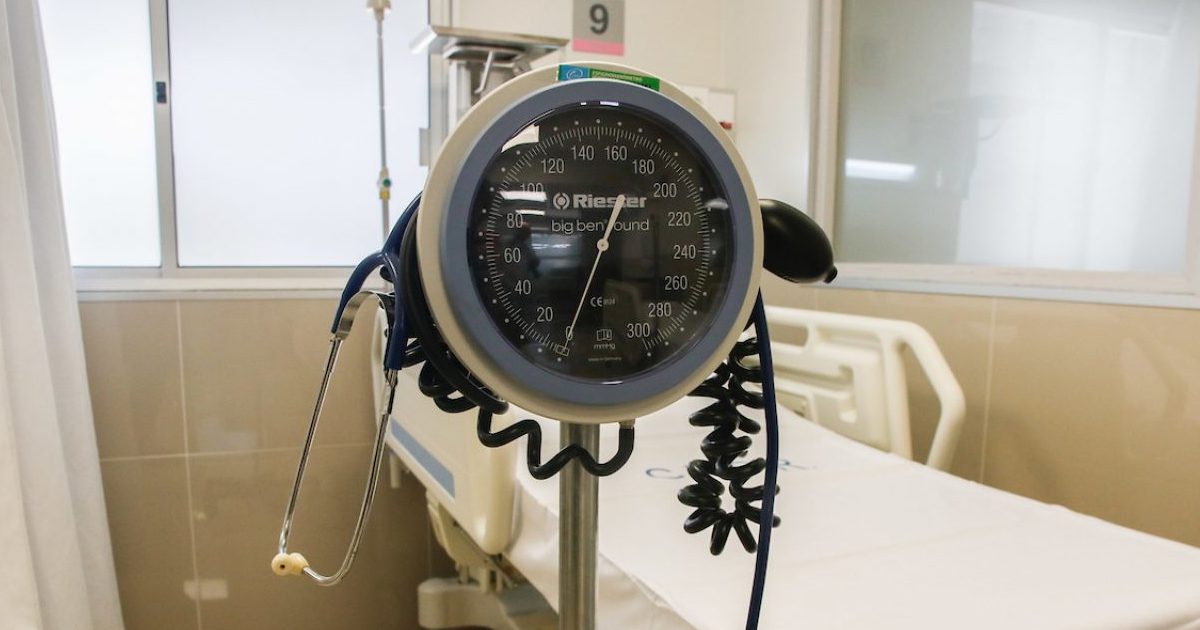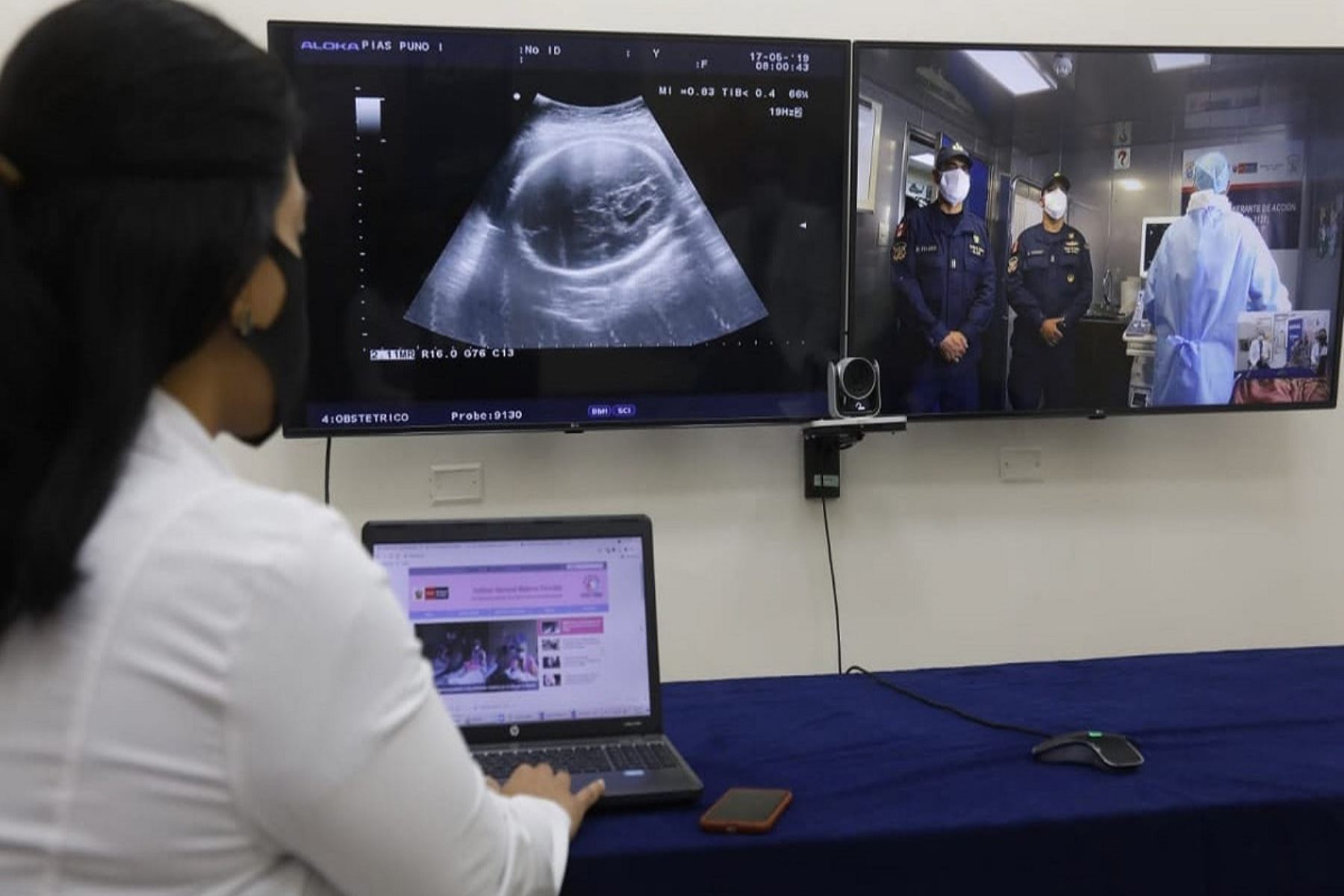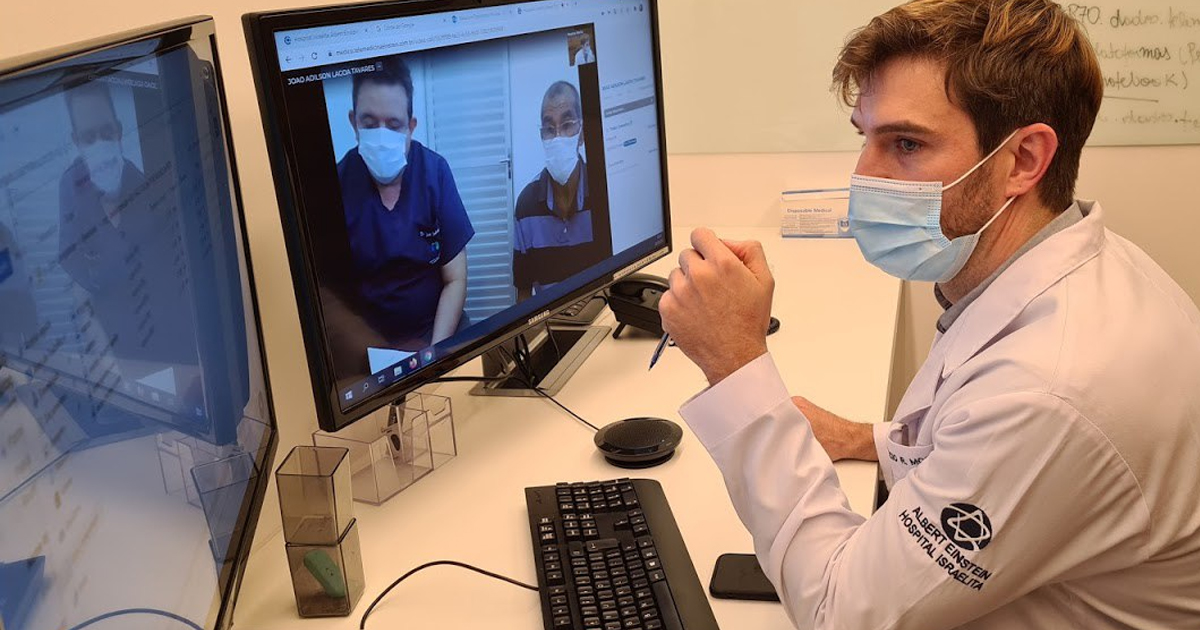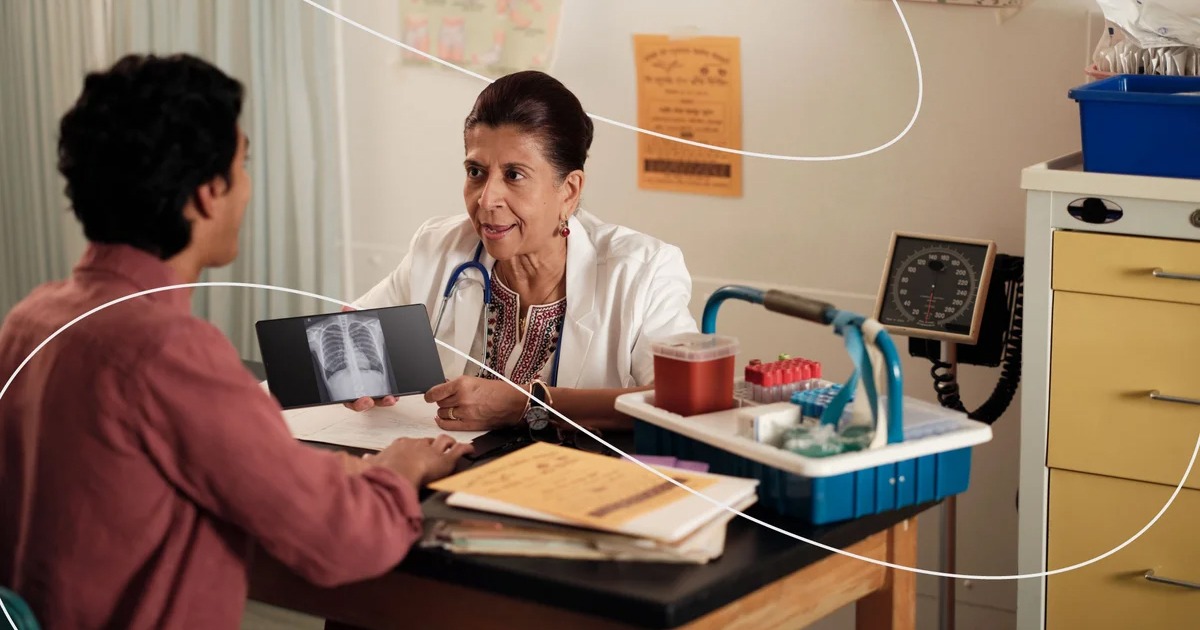The Asociación de Internet MX (AIMX), published in April 2021, the first study on the Habits of Physicians on the Internet in Mexico, with the objective of knowing about how are the current uses, habits and attitudes about the digital ecosystem of physicians in Mexico.
The AIMX, specializes in digital habits research and analysis of internet habits in Mexico. This time they published the first study on the Internet Habits of Doctors in Mexico.
The study aimed to know the use that doctors give to the internet in their daily practice, as well as the preferences about its use, motivators. They also analyzed the different segments of doctors by sector, whether private or public, region, age groups, among other data.
The study carried out between December 2020 and January 2021, showed that 85% of physicians use the Internet personally and/or in clinical practice. Of which 35% are women and 65% are men. In terms of age ranges, the largest group of physicians on the Internet corresponds to 55 to 64 years with 28% of the total, followed by 33 to 44 years with 25% and 45 to 54 with 23%.

On the other hand, regarding the geographical zones and regions of Mexico, the Central South zone (Guanajuato, Querétaro, Aguascalientes, San Luis Potosí and Zacatecas), concentrates 28% of Internet use by physicians, followed by the Northeast (Chihuahua, Sinaloa, Baja California, Sonora, Durango and Baja California Sur).
In private practice, 47% of physicians are connected. Within the public practice, the Ministry of Health concentrates 40% of the doctors who use the Internet and in the private practice, private practices lead with 41% of the users.
Other important statistics highlighted in the study were that 62% of connected doctors in Mexico have a specialty, and the growth of telemedicine, which already represents 16% of care in private hospitals.
Digital habits
Regarding the devices used in medical practice, PC and Laptop are the most used, however, virtual assistants are gaining strength. In terms of content consumption habits, most doctors use the Internet to read, watch or listen to relevant content, search for information to prescribe, send and receive instant messages, online courses, search for new products, social networks, or digital medical applications.
The three most used social platforms by Mexican physicians are WhatsApp, with 90%, Facebook with 64% and YouTube with 47%. Likewise, the three most visited specialized websites with PLM, with 71%, Vademecum with 66% and Medline/Pubmed with 65%.
Digital Health
Virtual consultations generally (90%), have been used to make an adjustment in treatment, such as dosage or frequency, to make new diagnoses has only been used by 30% of the physician who have used telemedicine.
The main barrier to virtual consultations lies in the need to see the patient physically. The infrastructure and the patient's decision not to accept a virtual consultation are barriers, however, they are far from being the main ones.
61% of physicians have electronic medical records, of which 73% have a system that has been specially developed for their hospital, which could become a challenge for the interoperability of the systems.
If you want to know more about the study and the complete results, click on the following link: https://www.asociaciondeinternet.mx/estudios/asociacion






